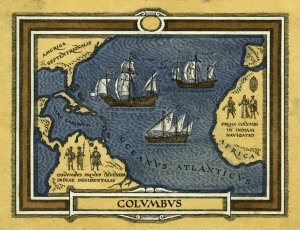Who Decides Who Needs to Know What?
While most organizations recognize and support leadership development, it can be challenging to find agreement on the key areas of focus. Deciding what to teach in any program can be both political and arrogant. In many corporate training initiatives leadership competencies are decided in the political arena. Often the senior executive team will look at their strategy for the upcoming year and decide what type of training would best support reaching their business goals. Or perhaps ‘leadership development’ is part of the strategy. Or increasingly the employee engagement survey is driving a need for training around a certain area like succession planning or performance management. That explains the political side of things but what do we mean by arrogant? It might sound harsh but there can be an element of arrogance when I decide someone else needs to learn something.
At The FIELD Collaborative we want to approach our clients with humility. We don’t have a ‘program’ to deliver. We want to work together to discover what the clients needs and wants. Sure, we have a lot of tools and experience to bring to the table but which ones we unpack will be decided together. So, how do we decide? Right now we are working in Cambodia with a client. Preparations for this 3 day leadership program began months ago with a focus group of the major stakeholders in the program. In addition to the insight we learned from this group we also did research into Cambodian culture and the organizations that we will be working with. And finally, we will begin our session by spending time listening to the participants tell their own leadership stories and then having a dialogue focused on the areas that they want to focus on. Together we will create an agenda. It takes confidence to walk into a three day session sans polished PowerPoint and a sexy binder of information. But we are putting our confidence in the wisdom of the women in the room.
Post by Sandy Reynolds, President, The FIELD Collaborative.

